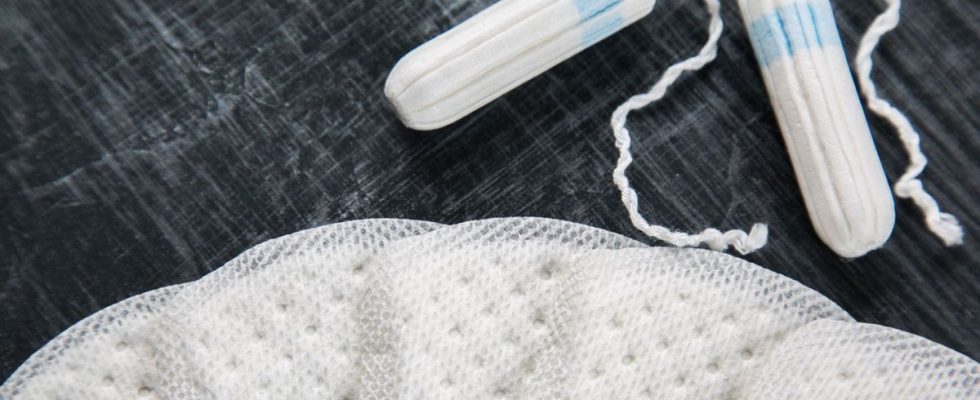Published on
Updated
Reading 2 mins.
Toxic shock syndrome (TSS) is a rare disease linked to the conditions of use of sanitary tampons and menstrual cups. The National Health Security Agency (ANSES) recalls good practices to avoid this infection with potentially very serious consequences.
Improper use of tampons and menstrual cups increases the risk of toxic shock syndrome, an infectious disease that can be serious. It is caused by the release into the blood of a bacterial toxin called TSST-1. This toxin is produced by a specific strain of staphylococcus, the Staphylococcus aureus. Only women who carry this bacterial strain are susceptible to contracting TSS. But since the majority of menstruating women do not know whether or not they carry this strain, all women are potentially affected. In a video clip, ANSES reminds us that it is possible to avoid this infection through the proper use of personal protection during menstruation.
What are the best practices ?
The risk is directly related to the way of using the internal intimate protections. Those concerned are therefore sanitary tampons and menstrual cups because they are inserted inside the vagina, where the bacterial toxin TSST-1 can develop. The risk of developing the disease increases with prolonged use of internal protection and/or the use of internal intimate protection with a stronger absorption capacity than necessary.
Here are ANSES’s recommendations for preventing TSS:
- Do not wear a tampon or menstrual cup for more than 6 hours at a time;
- Give preference to sanitary napkins and menstrual panties at night;
- Use only one protection at a time and only during menstruation;
- Wash your hands before and after each change of intimate protection;
- Choose a tampon or a cup with an absorbency adapted to your flow and change it regularly;
- Avoid using internal intimate protections if you have already been diagnosed with TSS.
What symptoms should alert?
The first symptoms appear within 3 to 5 days:
- High fever (above 39°C);
- Flu-like symptoms (body aches, sore throat) and gastroenteritis (vomiting, diarrhea, etc.).
- A sunburn-like rash.
Because these symptoms are common to other benign conditions, they make identifying TSS difficult. If you suffer from one or more of these symptoms during your period, remove your intimate protection and consult a doctor immediately.
Very serious complications
Without early medical treatment, TSS can in a few days cause failures of different organs (kidney, liver, brain, etc.). Failures that can lead in rare cases to amputation or even death. These cases are rare but they have already occurred in the past.
About twenty cases of TSS are recorded each year in France. However, ANSES considers that this figure is probably below reality because this disease is not subject to compulsory notification.
